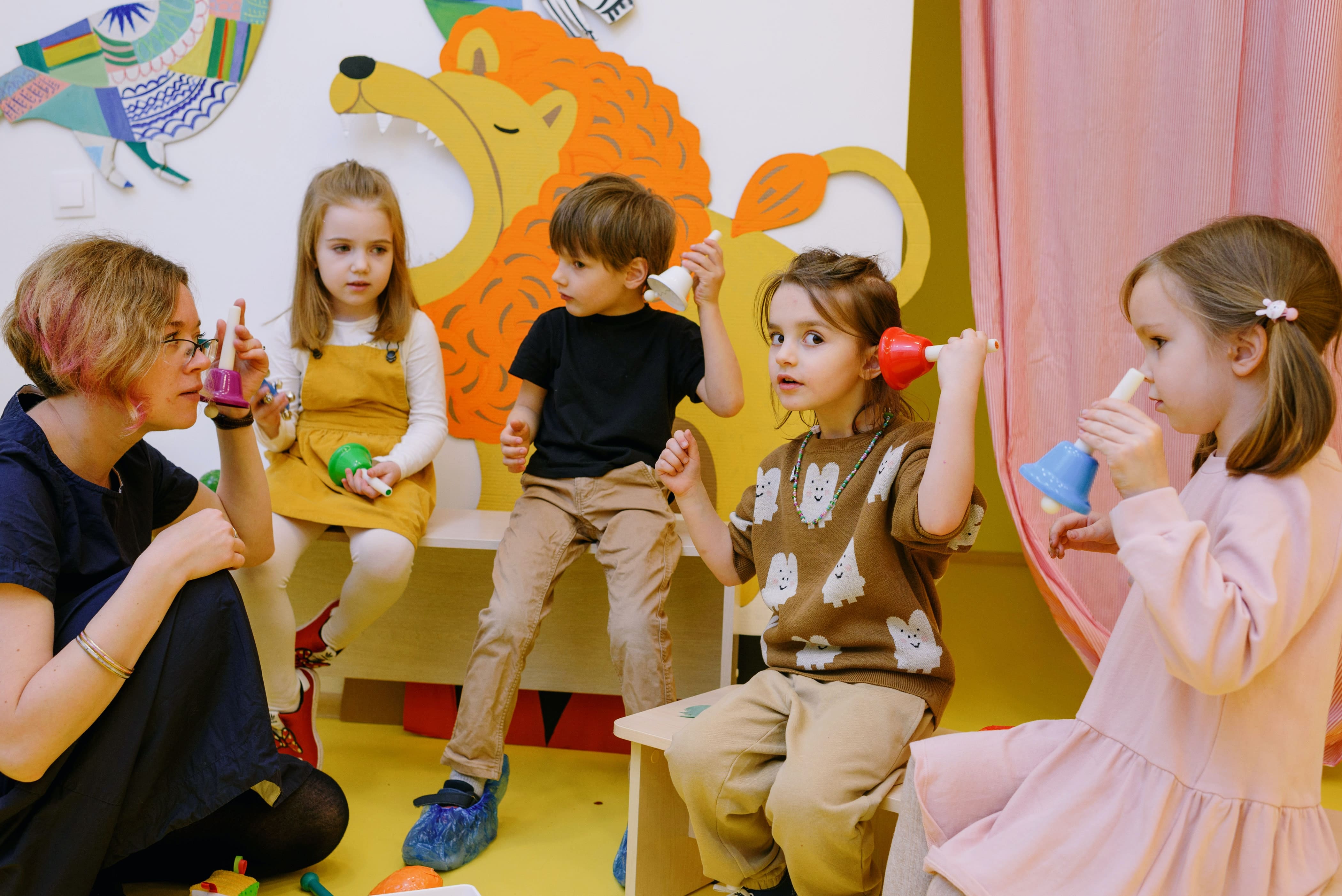Tips to develop listening comprehension skills for kids at home
There is more to listening comprehension skills than merely hearing what is stated. It includes:
-
The ability to absorb information, respond to directions, and communicate ideas, thoughts, and opinions.
-
Overall, listening is the capacity to comprehend the meaning of the words and relate to them. Listening comprehension enables your child to comprehend, recall, discuss, and even retell a tale on their terms after hearing it.
Children who are good listeners typically mature into effective communicators. It is a crucial ability to acquire at a young age, and similar to a muscle, it needs frequent practice to grow stronger. Here are eight simple ways you may help your child improve their listening comprehension at home.
Get their complete focus.
Encourage your youngster to face you while listening. They must pay close attention to what is being said, which helps them develop the habit of doing so.
Make reading a dynamic experience.
Before flipping the page while reading aloud, ask, "What do you anticipate will happen next?" Ask your child to describe their response to assess their listening and communication skills.
If they have not been attentive, avoid criticism and instead encourage them to develop the enjoyable habit of guessing what will occur next. Writing and reading skills are also important.
Play listening games
Your youngster can develop listening comprehension abilities fun and gratifyingly by playing games like Simon Says. Even at home, you can create your listening games.
For instance, give your youngster two-part verbal directions to find objects around the house, then gradually graduate to three-part, four-part, and so on.
Perform "story chain."
This is an enjoyable pastime that the entire family may enjoy together. Start an original story by having one person say a single sentence. Then, pass the story around in a circle so that everyone can contribute a sentence.
Give priority to common speech signals.
You can aid your child in listening for vital signs by emphasizing recognizing speech signals when you speak. These may include the words "now," "next," and "finally."
Help your child develop their vocabulary.
Children can become fixated on a word they do not comprehend and miss the rest of what is being said. Use books, games, flashcards, charts, and online programs such as Reading Eggs to develop your child's vocab, and don't neglect to read often with them.
Be a good listener.
Avoid interrupting your child when they are speaking, and demonstrate that you are attentive to their words. To demonstrate interest, use affirmative cues such as nodding, smiling, providing supporting words, and asking questions or elaborating on what they have said. You can sent your kids in schools like Rockwoods International School, the best International School in Hyderabad.
Keep in mind that the majority of young toddlers have limited attention spans.
Do not expect your youngster to comprehend lengthy, irrelevant, or uninteresting information. Focus on developing learning comprehension abilities helpfully and enjoyably, and remember to be patient at all times.














